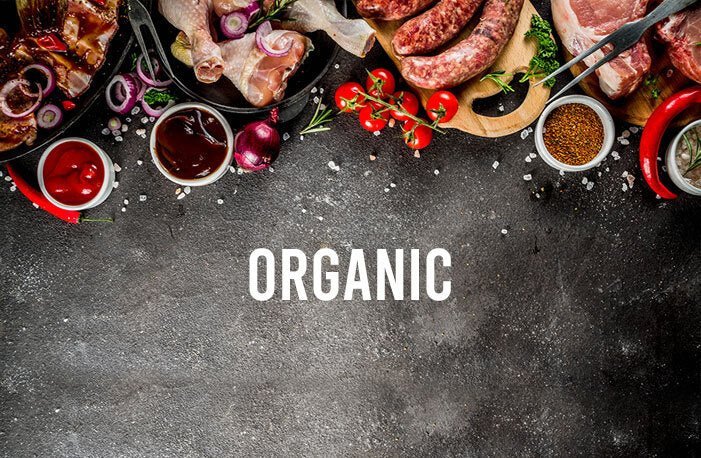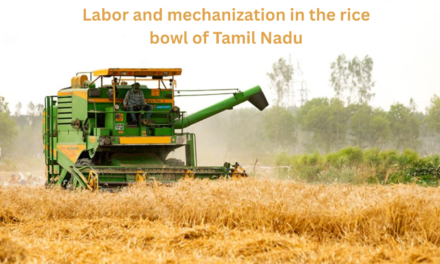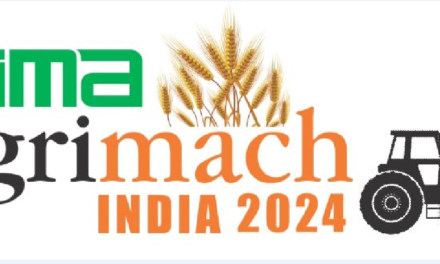Organic meat products are rapidly gaining traction in urban markets as health-conscious consumers seek safer, chemical-free, and environmentally sustainable food options. This growing demand is driven by increasing awareness of the health benefits associated with organic food, concerns over antibiotic and hormone use in conventional meat production, and a preference for ethically sourced and high-quality products. Urban consumers, particularly in metropolitan areas, are willing to pay a premium for organic meat due to its perceived superior nutritional value, taste, and safety standards.
Organic meat production follows stringent guidelines, including natural feed, free-range animal rearing, and the avoidance of synthetic inputs such as antibiotics, hormones, and chemical-laden feed. Animals raised for organic meat are provided with certified organic feed, clean and spacious environments, and access to natural grazing, ensuring their well-being. This method not only promotes animal welfare but also leads to meat products that are free from harmful residues, aligning with consumer demands for clean eating and sustainable lifestyles.
The market for organic meat products has seen substantial growth with the rise of e-commerce platforms and specialty food stores, which have made these premium products more accessible to urban consumers. Brands and startups are leveraging direct-to-consumer (D2C) models and farm-to-fork supply chains to deliver fresh, traceable, and certified organic meat directly to households. The demand is particularly high for poultry, mutton, and seafood, with urban households seeking alternatives to traditionally processed meat.
Government support for organic farming under initiatives like the Paramparagat Krishi Vikas Yojana (PKVY) and the establishment of certification systems ensures credibility and boosts farmer participation in organic meat production. Furthermore, certifications such as FSSAI organic labeling and international standards like USDA Organic and EU Organic have added trust and transparency to the market.
In addition to health and safety benefits, organic meat production aligns with environmental sustainability by promoting natural farming methods, reducing greenhouse gas emissions, and avoiding chemical runoff that pollutes soil and water resources. This appeals to environmentally conscious urban consumers who are increasingly factoring in sustainability when making purchasing decisions.
With rising disposable incomes, changing dietary preferences, and the growing focus on health and wellness, organic meat products are set to expand further in urban markets. Companies are innovating in packaging, branding, and distribution to cater to this niche but fast-growing segment, positioning organic meat as the future of sustainable, premium protein consumption.









